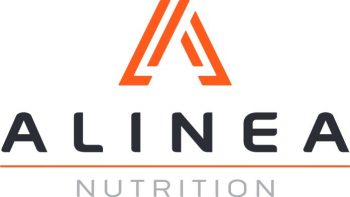*Geek Box: Biomarkers in Dietary Assessment
The term “biomarker” means use of a specific biochemical measure that provides an indication of nutrient intakes. This isn’t always as straightforward as “nutrient in = nutrient measured” because nutritional status is influenced by variations in the digestion, absorption, metabolism, distribution, and excretion of a nutrient, which differs from nutrients to nutrient. For example, when measuring fatty acids, whether it is red blood cells, phospholipid content of cell membranes, lipoproteins, or adipose tissue measured, each will provide different indications of dietary intake.
Biomarkers may be classified according to what measurement they allow for. A biomarker for which there is a quantitative relationship between dietary intake and the value of the biomarker, such that absolute intake over a 24 h period can be measured accurately, is known as a “recovery biomarker”. “Recovery” reflects the fact that all intake over a 24 h period is excreted, usually through urine, with minimal losses through other excretory pathways. These are very rare in nutrition science: only 24 h urinary sodium, 24 h urinary potassium, 24 h urinary nitrogen, and total energy measured by doubly-labelled water, are considered recovery biomarkers.
The most commonly used biomarkers, which measure the concentration of a nutrient in plasma, red blood cells, adipose tissue, etc., are known as “concentration biomarkers”, as they are measuring the concentration of that specific nutrient in the circulation or tissue. The use of biomarkers is very attractive for nutritional epidemiology, as it allows for an objective assessment of the validity of dietary questionnaires, and quantification of intake that is independent of measurement error.
However, there remain limitations to their application. First, there is not a reliable biomarker for every nutrient of interest to nutrition science. Secondly, many non-dietary factors may influence the status of a biochemical indicator, thus introducing a potential measurement error that is unrelated to actual dietary intake. Nonetheless, for exposures of interest like sodium, potassium, fatty acids, or total energy expenditure, biomarkers are reliable, and provide a means of quantifying accurate dietary intake.
